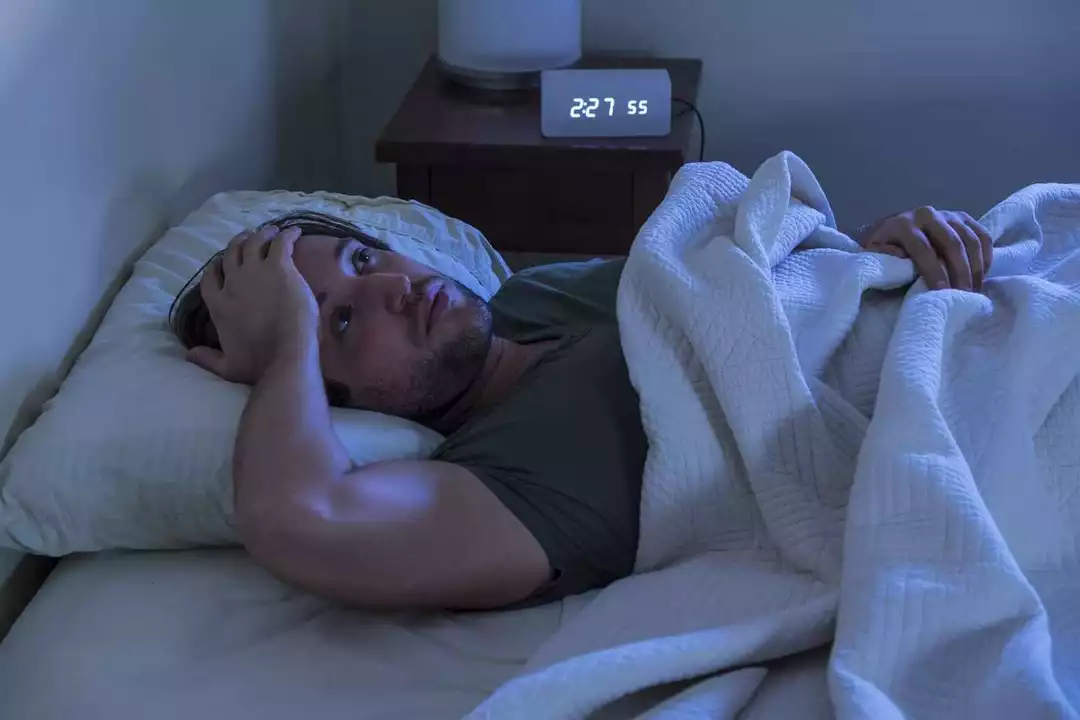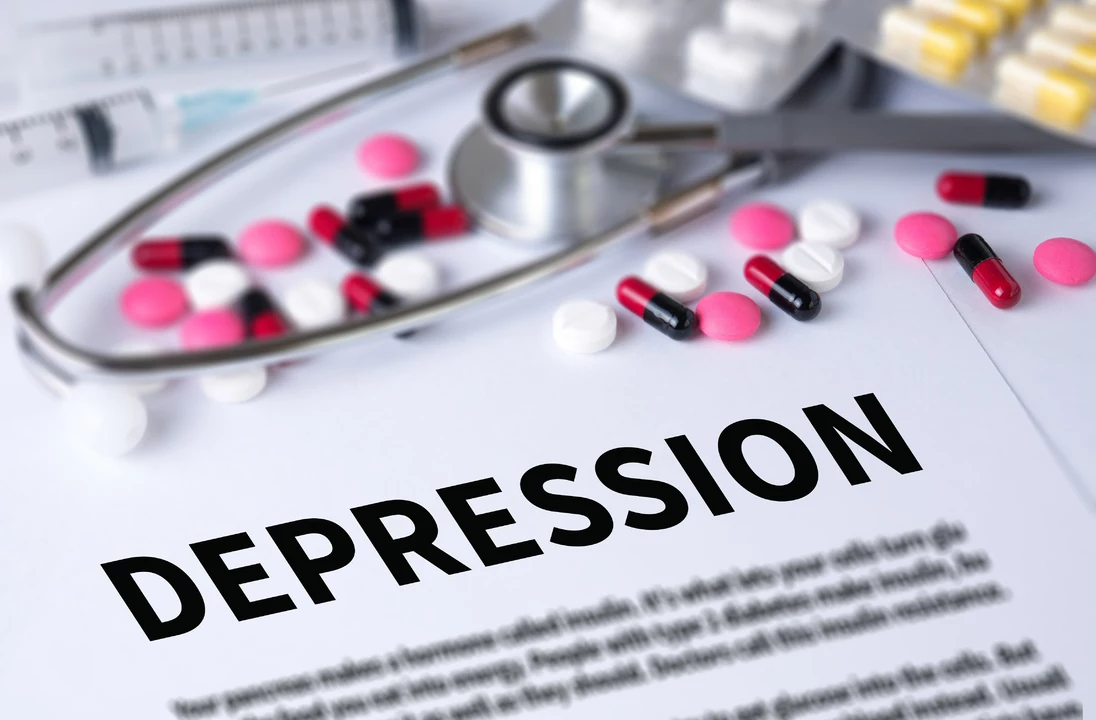Sleep Quality: Simple steps to sleep better tonight
You spend about a third of your life asleep — but not all sleep is equal. Quality matters more than hours alone. Here are targeted, practical moves you can try tonight to get deeper, more refreshing sleep without weird gadgets or long sleep plans.
Quick fixes you can do now
Set a consistent wake-up time first. Waking up at the same hour every day trains your body clock faster than strict bedtimes do. Next, dim bright lights and screens at least 60 minutes before bed. Blue light delays melatonin, the hormone that helps you fall asleep.
Watch caffeine after midday. A late cup of coffee can shave hours off sleep quality even if you fall asleep. Swap evening alcohol for a nonalcoholic drink: booze may knock you out faster but fragments sleep later in the night.
Cool your room. A bedroom temperature around 60–68°F (15–20°C) helps your body drop core temperature, which signals real sleep. If you sweat or feel restless, try breathable sheets and a lighter blanket rather than cranking the AC.
Shorten naps to 20 minutes and avoid late naps after 3 pm. A brief nap can boost alertness without wrecking night sleep; long or late naps push your bedtime later and reduce deep sleep.
Habits that change sleep quality over weeks
Move during the day. Regular moderate exercise improves deep sleep, but finish intense workouts at least three hours before bed. Small evening movement like a 20-minute walk can still help if you can’t fit daytime exercise in.
Build a two-step wind-down: 20–30 minutes of low-stimulation time (reading, light stretching, warm shower) then a short breathing or relaxation exercise in bed. This trains your brain to link that routine with sleep, so falling asleep becomes easier.
Check medications and supplements. Some drugs—like certain antidepressants, stimulants, or even some allergy meds—can reduce sleep quality. Over-the-counter antihistamines may sedate you but give groggy mornings. If you take meds (Prozac, imipramine, or others), ask your clinician whether timing or alternatives would help sleep.
If you try melatonin, use low doses (0.5–1 mg) and take it 30–90 minutes before bed. It helps reset timing more than it forces sleep. Don’t rely on it nightly without discussing with a provider.
See a doctor if you snore loudly, gasp for air, or wake exhausted after a full night's sleep. Those signs can point to sleep apnea, restless legs, or other conditions that need medical treatment. Good sleep quality is doable — start with one change tonight and build from there.
In my recent research, I discovered that Acamprosate, a medication commonly used to treat alcohol dependence, can also impact sleep quality. It appears that Acamprosate may help improve sleep by reducing alcohol cravings, which can lead to better overall sleep patterns. However, some studies have shown that it can cause insomnia as a side effect for some individuals. It's essential for those taking Acamprosate to monitor their sleep quality and consult their doctor if they experience any issues. Overall, the medication's effect on sleep varies from person to person, and more research is needed to understand its full impact.
As a blogger, I recently came across an interesting topic about the connection between Carvedilol and sleep quality. Carvedilol is a medication commonly used to treat high blood pressure and heart failure. It appears that this medication may have an impact on sleep quality, as some studies suggest that it can cause sleep disturbances and vivid dreams. However, more research is needed to confirm these findings and fully understand the connection between Carvedilol and sleep. I'll be keeping an eye on this topic and will update you all with any new information that comes to light.

